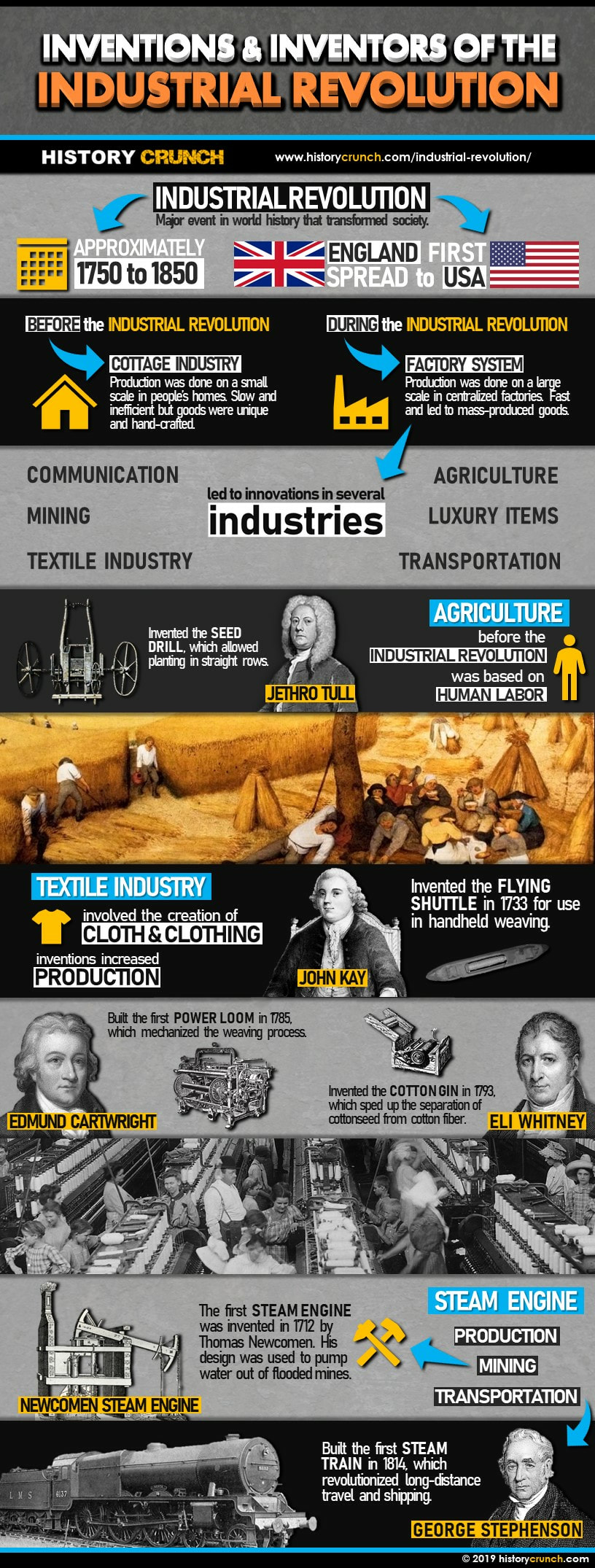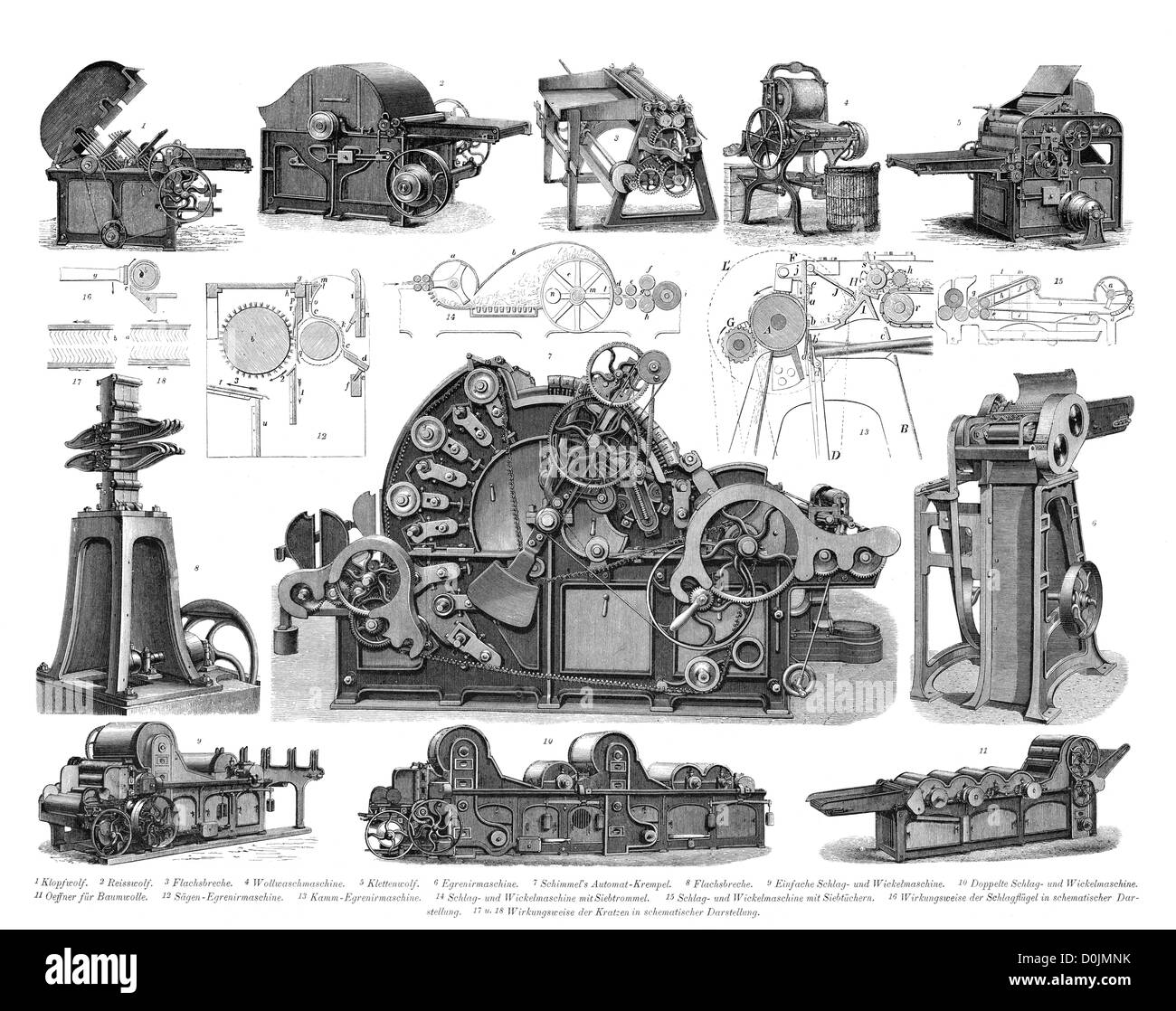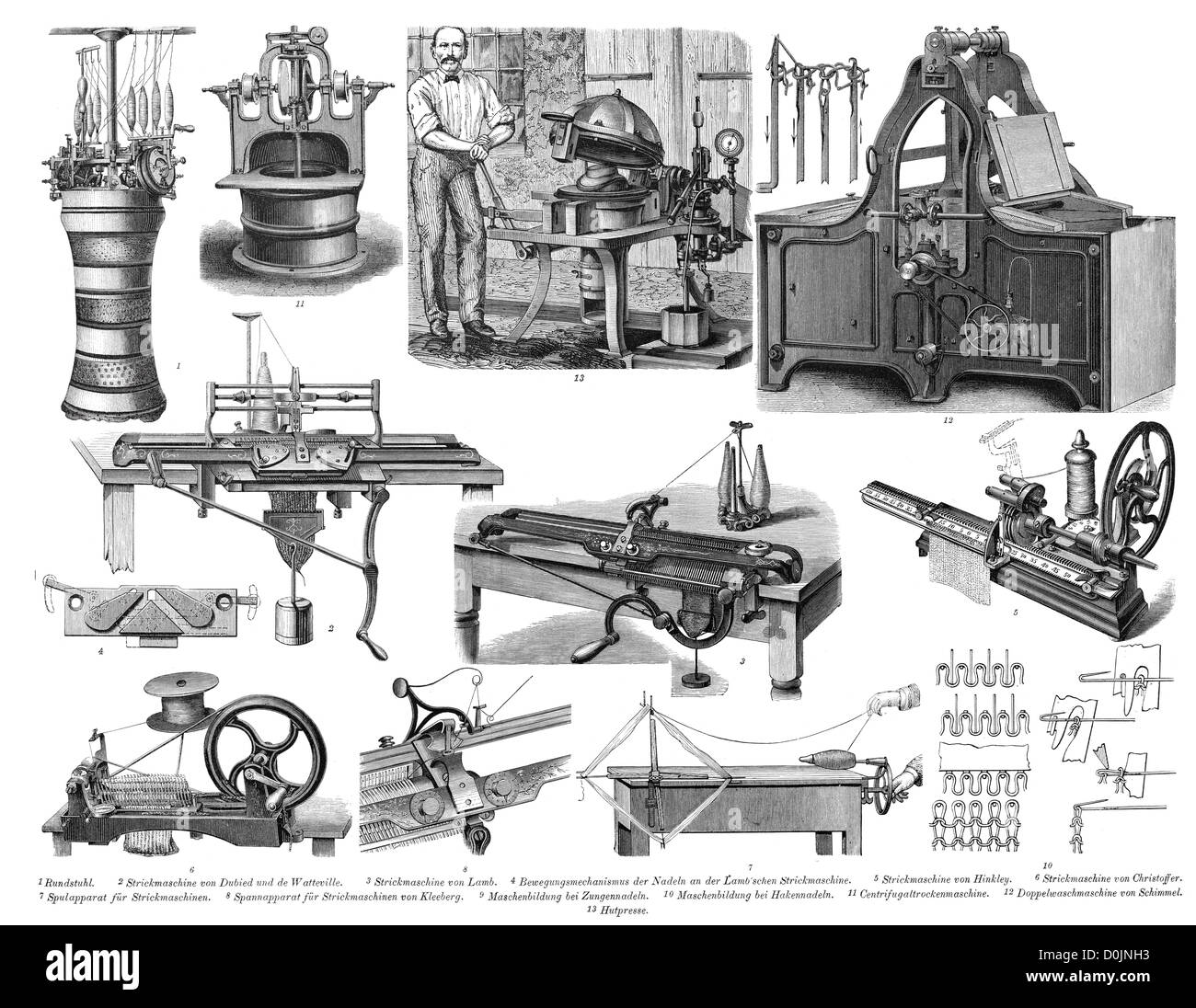What Major Medical Breakthrough Was Made During The Industrial Revolution

The Industrial Revolution, a period of unprecedented technological advancement, is often associated with advancements in manufacturing and transportation. However, it also witnessed groundbreaking progress in medicine. One of the most transformative medical breakthroughs of this era was the development and widespread adoption of vaccination, spearheaded by the work of Edward Jenner.
Jenner's pioneering work with cowpox inoculation to prevent smallpox marked a turning point in the fight against infectious diseases. This discovery not only saved countless lives but also laid the foundation for modern immunology and preventative medicine.
The Scourge of Smallpox
Smallpox, caused by the variola virus, was a devastating disease that plagued humanity for centuries. Before vaccination, it was a major cause of death and disfigurement, particularly among children.
Outbreaks regularly swept across populations, leaving survivors with permanent scars and, in many cases, blindness. The disease knew no social boundaries, impacting both rich and poor alike.
Jenner's Observation and Experimentation
Edward Jenner, a country doctor in Gloucestershire, England, observed that milkmaids who had contracted cowpox, a mild disease affecting cows, seemed to be immune to smallpox. This observation sparked his interest in exploring the possibility of using cowpox as a protective measure.
In 1796, Jenner conducted his famous experiment. He inoculated James Phipps, a young boy, with matter from a cowpox pustule.
Phipps developed a mild illness and fully recovered. Subsequently, Jenner exposed Phipps to smallpox. Crucially, Phipps did not contract the disease.
The Dawn of Vaccination
Jenner's experiment, while controversial at the time, demonstrated the potential of using cowpox inoculation to prevent smallpox. He published his findings in 1798 in a paper titled "An Inquiry into the Causes and Effects of the Variolae Vaccinae," which outlined his method and observations.
He termed the procedure "vaccination," derived from the Latin word "vacca," meaning cow. This groundbreaking work quickly gained attention, despite initial skepticism from some medical professionals.
Adoption and Impact
Vaccination spread rapidly across Europe and the world, offering a relatively safe and effective way to combat smallpox. Governments and public health organizations began promoting and implementing vaccination programs.
The initial resistance was met with education campaigns and, eventually, legislation mandating vaccination. This led to a dramatic decline in smallpox cases and deaths.
Challenges and Controversies
The early adoption of vaccination was not without its challenges. Some individuals opposed it on religious or philosophical grounds. Concerns about the safety and efficacy of the vaccine also arose.
Moreover, the early methods of vaccination involved arm-to-arm transfer of lymph, which occasionally led to the transmission of other diseases. However, these challenges were gradually addressed through improved techniques and greater understanding of the principles of immunology.
The Eradication of Smallpox
The success of vaccination paved the way for the eventual eradication of smallpox. In 1967, the World Health Organization (WHO) launched an intensified global eradication program.
Through mass vaccination campaigns and surveillance efforts, the last naturally occurring case of smallpox was reported in Somalia in 1977. In 1980, the WHO officially declared smallpox eradicated, a testament to the power of vaccination and international collaboration.
Legacy and Modern Immunology
Edward Jenner's work revolutionized medicine and laid the foundation for modern immunology. His discovery demonstrated the principle of using attenuated or weakened pathogens to stimulate the immune system and provide protection against disease.
Vaccination has since been extended to protect against a wide range of infectious diseases, including polio, measles, mumps, rubella, and tetanus. The principles developed by Jenner continue to guide the development of new vaccines and immunotherapies today.
The development of vaccination during the Industrial Revolution stands as a pivotal moment in medical history. It showcases the transformative potential of scientific observation, experimentation, and public health initiatives in combating infectious diseases and improving human health on a global scale. The legacy of Edward Jenner continues to inspire and inform efforts to prevent and control diseases around the world.











:max_bytes(150000):strip_icc()/GettyImages-1230419950-e22af8167a5843d7b42b95d521f45492.jpg)






